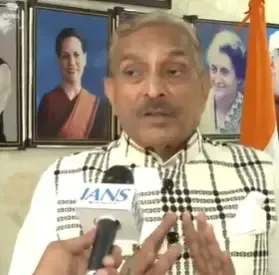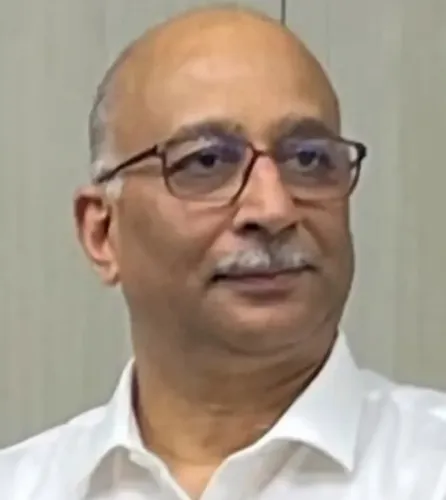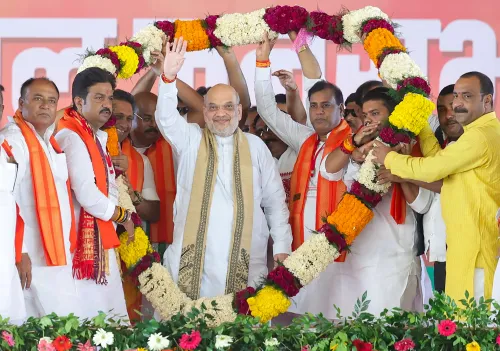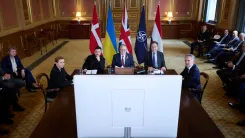Pramod Tiwari: Action Against Waqf Board Threatens Constitutional Integrity

Synopsis
Key Takeaways
- Supreme Court's interim ruling on Waqf Act.
- Pramod Tiwari praises the decision.
- Criticism of the BJP-led government’s approach.
- Importance of maintaining constitutional integrity.
- Call for a balanced view of democracy's pillars.
New Delhi, April 18 (NationPress) In light of the Supreme Court’s interim ruling concerning the Waqf (Amendment) Act, 2025, Congress MP Pramod Tiwari expressed his approval on Friday, asserting that it reinforces the Constitution and protects the nation's secular essence.
During an interview with IANS, Tiwari praised the Supreme Court’s decision and condemned the Central government for what he termed a communal approach to the matter.
"I appreciate the Supreme Court’s initiative to uphold the Constitution regarding the appointments to the Waqf Board. I am grateful to the Court for this decision and I want to emphasize that the BJP-led Central government and the party should refrain from interpreting this issue through a religious prism. The action against the Waqf Board attacks the very foundation of the Indian Constitution," Tiwari remarked.
This statement follows the Supreme Court's concerns about three significant provisions of the Waqf (Amendment) Act, 2025. On Thursday, the Centre informed the Court that it would not appoint new members to the Waqf Boards or modify the status of Waqf properties, including the 'waqf-by-user', prior to the next hearing set for May 5.
The bench, presided over by Chief Justice of India Sanjiv Khanna, along with Justices Sanjay Kumar and K.V. Viswanathan, acknowledged the undertaking provided by Solicitor General Tushar Mehta on behalf of the Union government.
The Court instructed the Centre to submit its initial response to the petitions contesting the validity of the amendment within a week.
In a separate context, responding to Vice President Jagdeep Dhankhar's recent remarks regarding the judiciary, Tiwari highlighted the necessity of maintaining a constitutional equilibrium.
"The President and Vice President hold a position of supremacy under the powers granted by the Constitution. I won’t react to or comment on his statement. Nevertheless, I must emphasize that the Constitution of India is unequivocal. Democracy is built on four robust pillars: the judiciary, the executive, the press, and the legislature. Each has its specific powers, which must not be violated," he stated.









